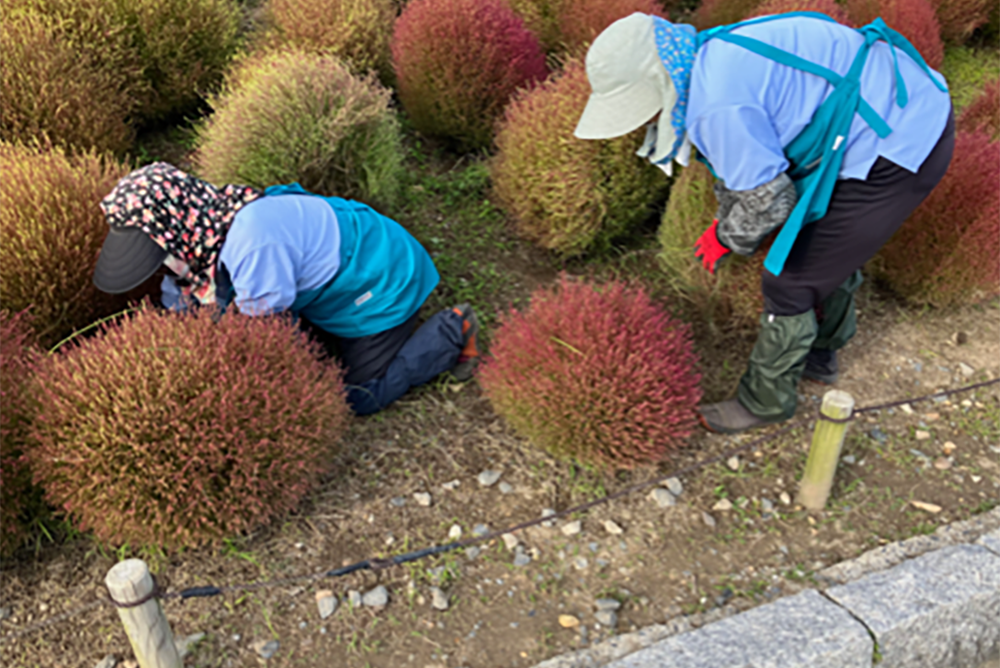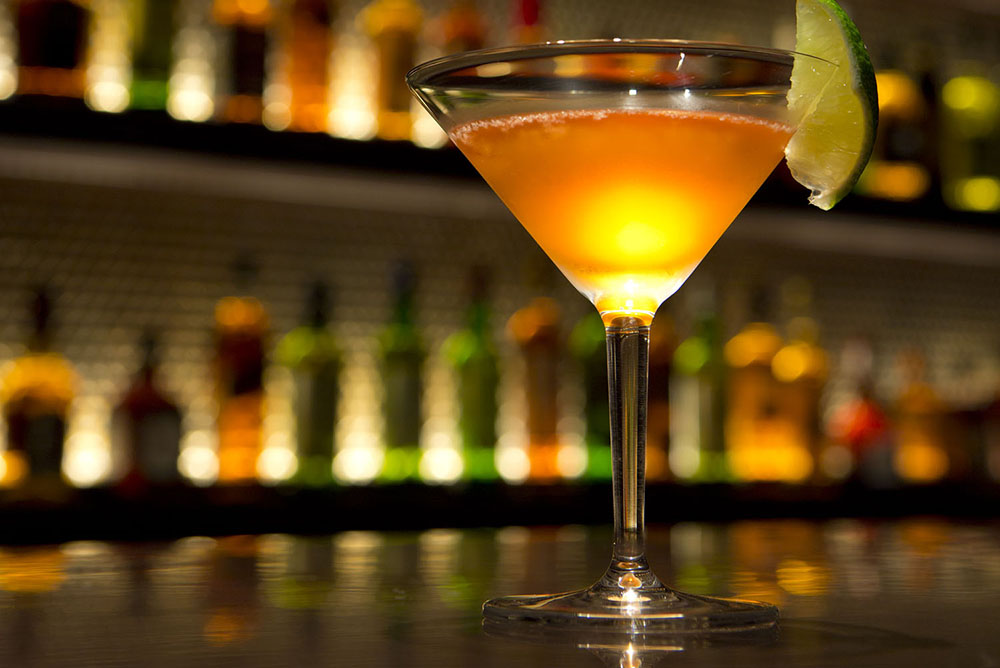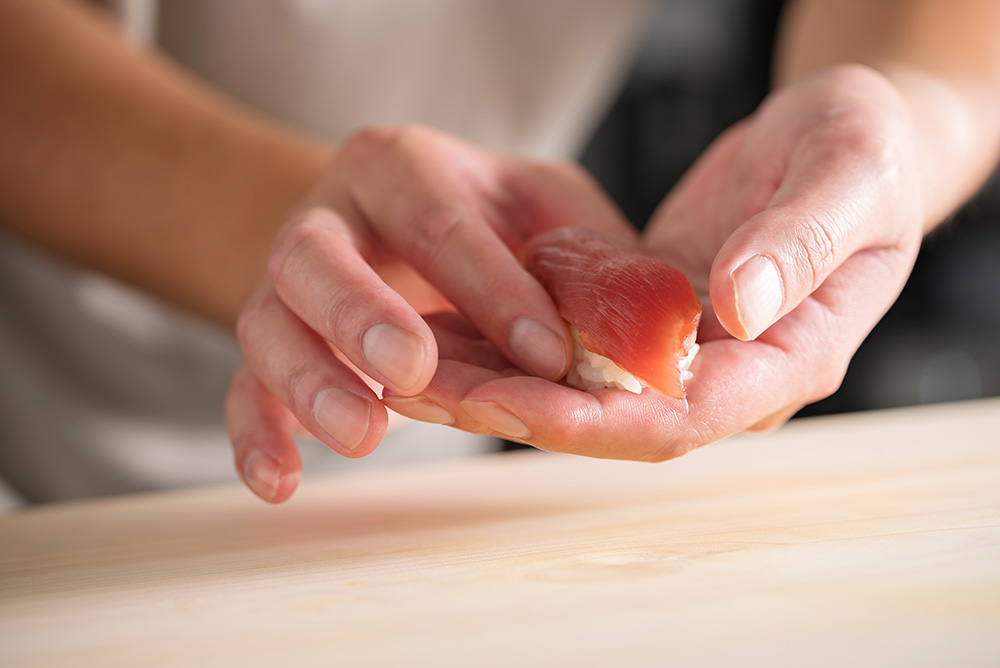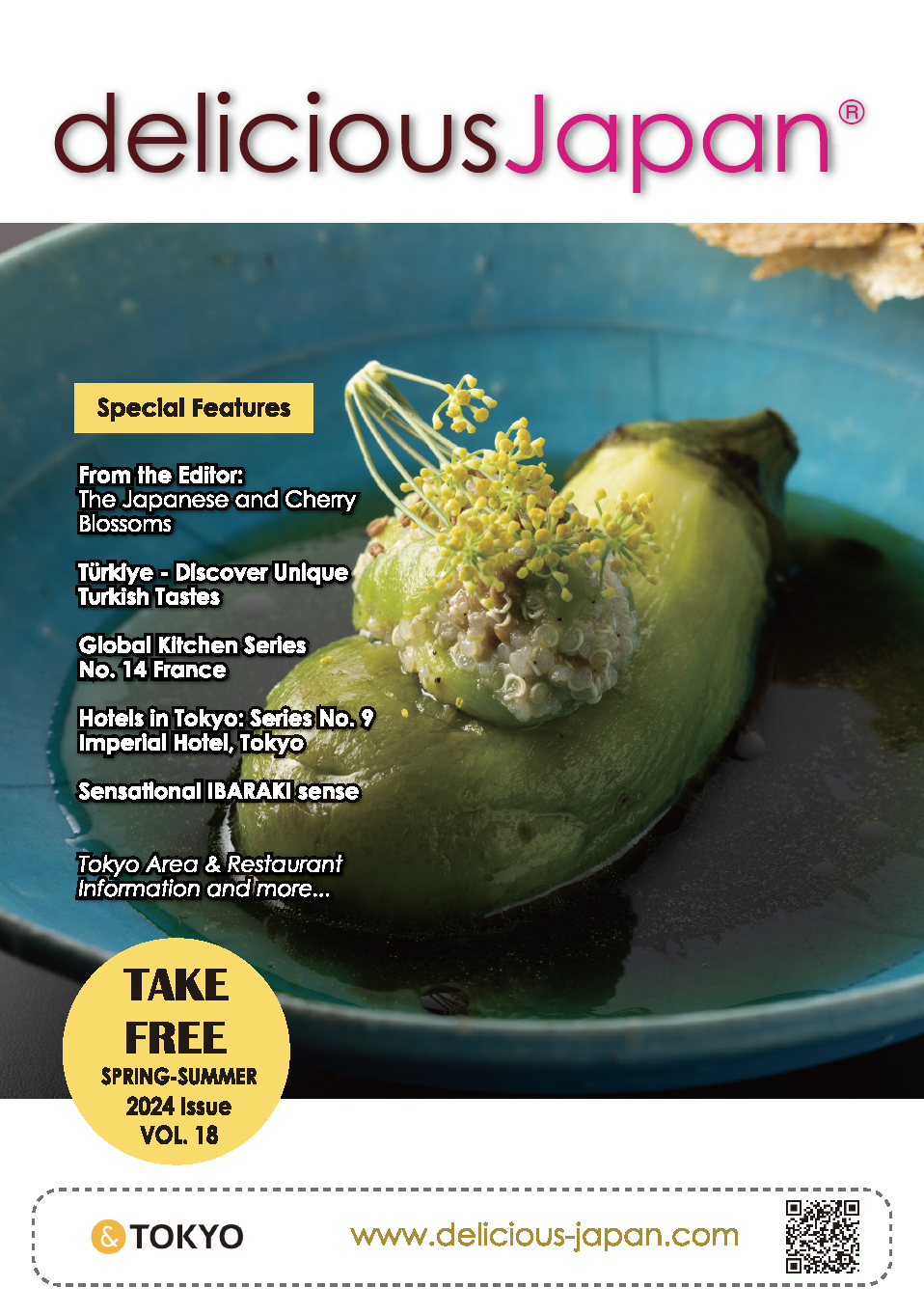CHEF Q&A: ANDREA FERRERO, Executive Chef, Shangri-La Hotel, Tokyo
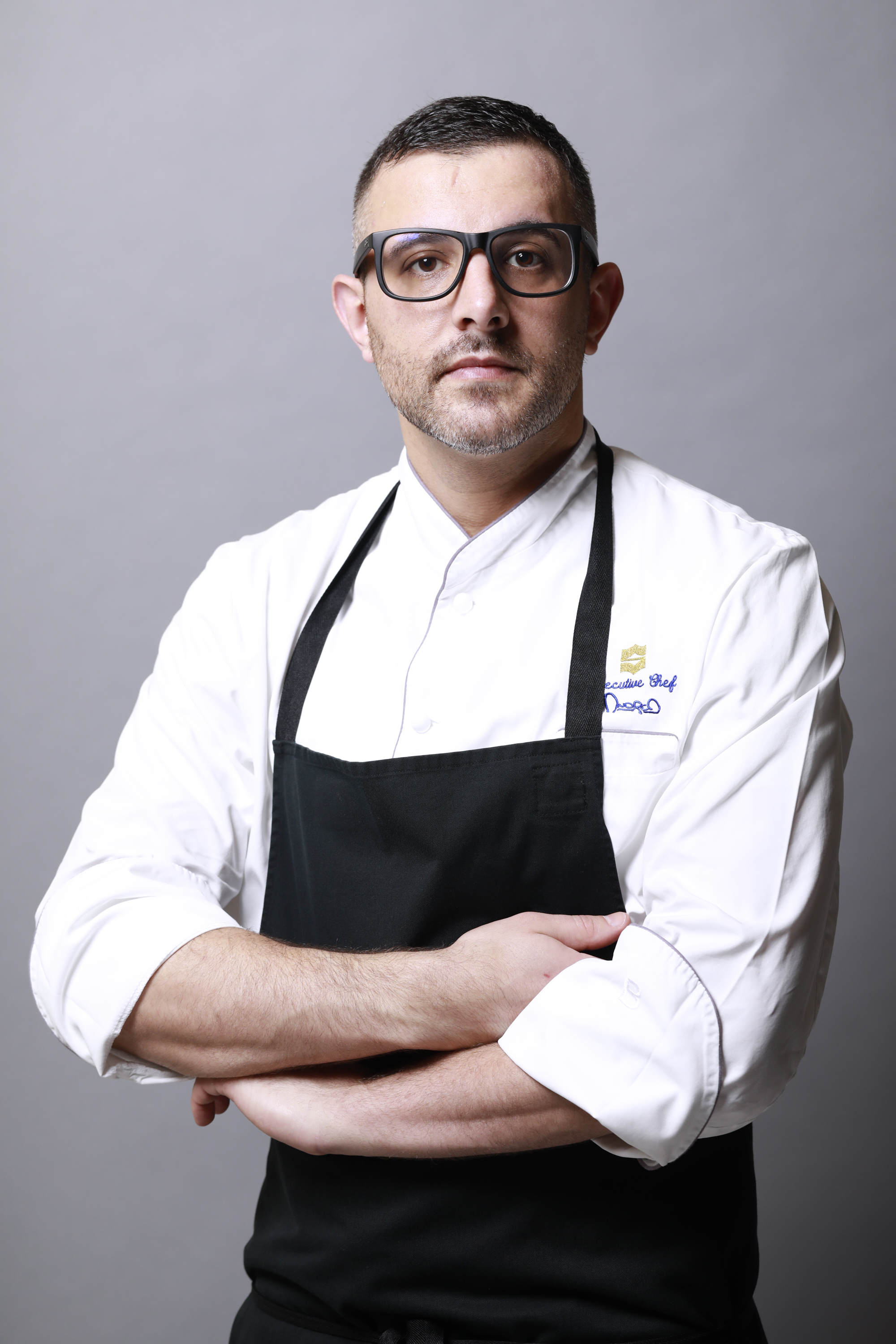 Interview with ANDREA FERRERO, Executive Chef, Shangri-La Hotel, Tokyo
Interview with ANDREA FERRERO, Executive Chef, Shangri-La Hotel, Tokyo
Please briefly introduce yourself.
I was born in Italy and I grew up in a family of hotelier. After working in many countries, I came to Japan 3 and half years ago.
What is your mission as an executive chef?
My mission is to make guests happy from creation to pricing and execution. I travel because I want to be better when I come back. Everything I do is for my hotel and to make my guests happy.
How are you preparing for the Tokyo Olympics?
We've been doing this for a long time, and I don't think there will be a difference. In terms of offerings at the Shangri-La Hotel, Tokyo, we have many options in the menu, and I personally would like to have more vegan menus, but it won’t be possible soon because Japanese people still prefer meat and fish.
I’m not working towards 2020. Honestly, I’m working towards tomorrow. My most important guest is today’s guest. We will continue to evolve, but we will not prepare specifically for the Olympic
games. We will become better than what we are today, and we can offer something better to our guests. I make sure everything is alright tonight and that my guests are happy.
What is Omotenashi to you?
I have two meanings in myself: Tokyo omotenashi and the real Japanese omotenashi. I experienced the professionalism of Tokyo, the perfection of service and politeness, but I felt there was something missing when I went to a ryokan far away from Tokyo. I experienced the true omotenashi of Japanese. I think it’s difficult to feel the Japanese omotenashi in big hotels. You can feel the Japanese professionalism, but not the omotenashi. We are too busy to meet the standard and make people happy. Omotenashi is not a standard. It’s to make people happy, feel welcomed, and feel at home. Omotenashi is something very spiritual. Today in Tokyo I don’t feel omotenashi. I feel professionalism. Especially because we are professional, and we know what we are supposed to be. When you are at the reception, they ask you “How was your trip?” I know they don’t care and that’s not omotenashi to me. I might feel omotenashi when I arrive as a regular guest, I go to my room, and there’s an ASAHI super beer bottle on the table. When I went to the ryokan, they didn’t ask me how my trip was. Maybe it was because they didn’t speak English, but I felt that they were treating me like a son.
What are the requirements of an executive chef?
Determination. You can have skills, talents, but everything is useless if you don’t have the determination. In other words, if you have the determination on what you want
to become, you can acquire the skills and talents even if you don’t have it from the beginning. You are determined to become who you want to be.

